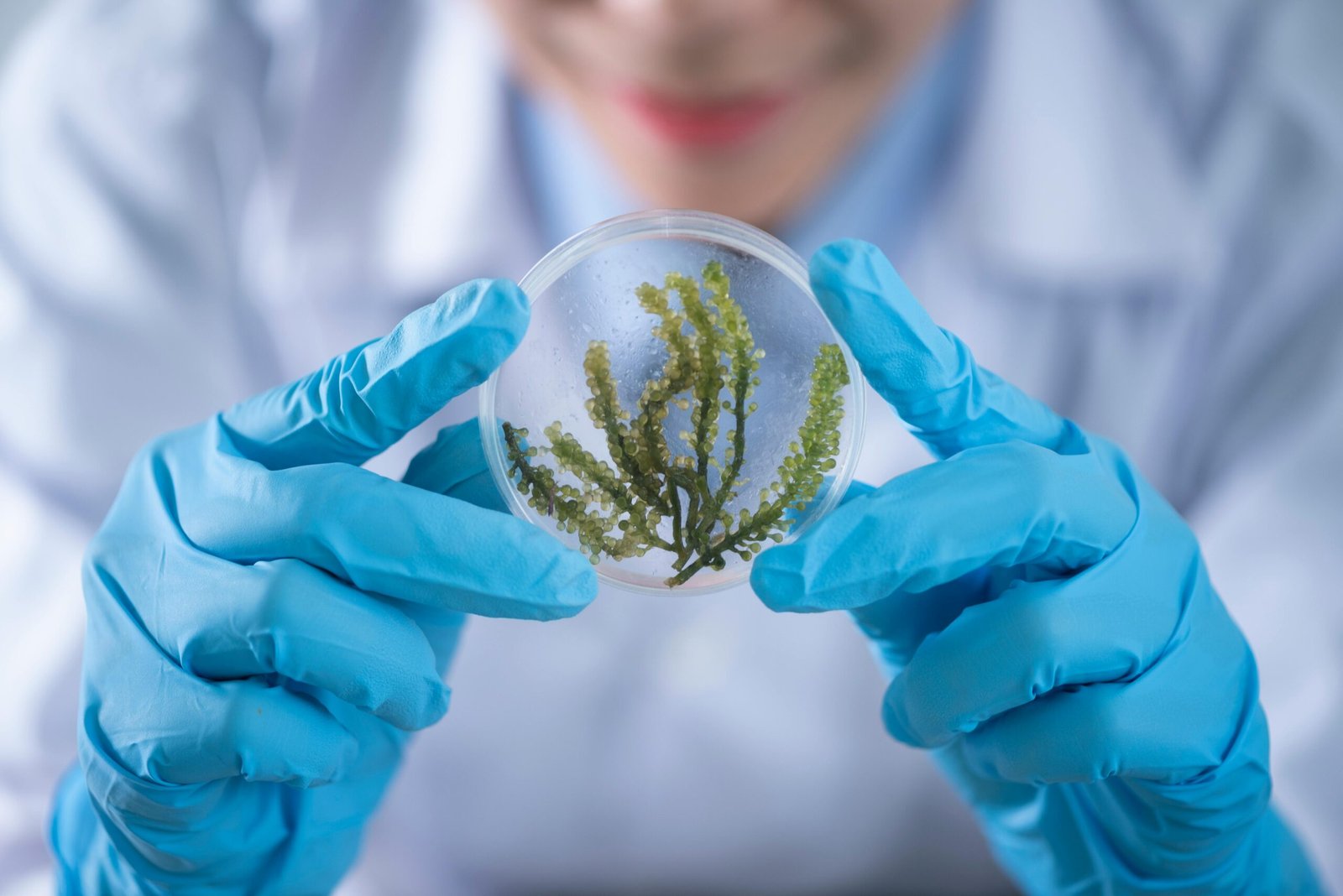The Intersection of Science and Medicine: Advancements Shaping Our Future

Science and medicine have always been deeply connected, driving innovation and improving human health. With groundbreaking discoveries in genetics, biotechnology, and artificial intelligence, the fusion of these fields is transforming healthcare. From personalized medicine to robotic surgeries, scientific advancements continue to push the boundaries of what is possible in medicine.
Part 1: The Role of Science in Medicine
1. The Evolution of Medical Science
- Early Discoveries: The impact of historical figures like Hippocrates and Pasteur.
- Modern Medicine: How antibiotics and vaccines revolutionized healthcare.
- Future Prospects: The role of nanotechnology in medical treatments.
2. Genetics and Personalized Medicine
- Understanding DNA: The Human Genome Project and its contributions.
- Gene Therapy: Treating diseases at the genetic level.
- Personalized Treatment Plans: Tailoring medications based on genetic makeup.
3. Biotechnology in Healthcare
- Biopharmaceuticals: The rise of biologic drugs for chronic diseases.
- Tissue Engineering: Growing organs in the lab.
- Stem Cell Therapy: Regenerative medicine’s role in healing injuries and diseases.
4. Artificial Intelligence and Robotics in Medicine
- AI in Diagnostics: Machine learning for early disease detection.
- Robotic Surgeries: Precision and efficiency in complex procedures.
- Virtual Health Assistants: AI-driven chatbots for patient support.
5. The Role of Big Data in Healthcare
- Electronic Health Records (EHRs): Improving patient care.
- Predictive Analytics: Anticipating disease outbreaks.
- Data Security: Protecting patient information from cyber threats.
Part 2: Transformative Medical Innovations
6. Immunotherapy and Cancer Treatment
- Checkpoint Inhibitors: Boosting the immune system to fight cancer.
- CAR-T Cell Therapy: A new era in leukemia treatment.
- Future Research: Developing cancer vaccines.
7. The Future of Vaccines and Infectious Disease Control
- mRNA Vaccines: How COVID-19 changed vaccine development.
- Universal Flu Vaccines: Efforts to combat seasonal influenza.
- Pandemic Preparedness: Strategies for future outbreaks.
8. Advancements in Neuroscience and Mental Health Treatment
- Brain-Computer Interfaces (BCIs): Restoring mobility to paralyzed patients.
- Psychedelic Therapy: Research on depression and PTSD treatment.
- Neuroplasticity: Understanding how the brain heals itself.
9. Regenerative Medicine and Longevity Science
- Anti-Aging Research: Exploring the potential of longevity genes.
- 3D Printing in Medicine: Custom prosthetics and bio-printed organs.
- The Ethics of Life Extension: Debating the moral implications of extended lifespans.
10. The Future of Medicine: Challenges and Opportunities
- Ethical Dilemmas: Balancing innovation with patient rights.
- Access to Healthcare: Bridging the gap between technology and affordability.
- Interdisciplinary Collaboration: The importance of integrating science and medicine.
Conclusion
The fusion of science and medicine is revolutionizing healthcare, offering hope for curing previously untreatable diseases and improving quality of life. With ongoing advancements in AI, biotechnology, and genetics, the future of medicine looks promising. However, ethical considerations and accessibility challenges must be addressed to ensure that these innovations benefit all of humanity.


